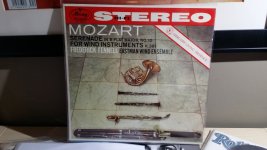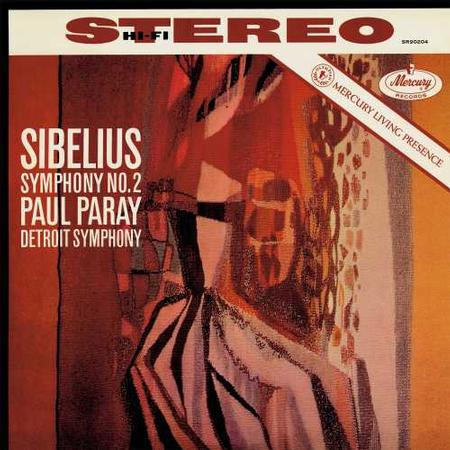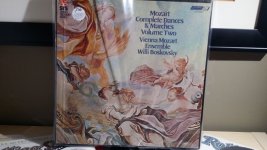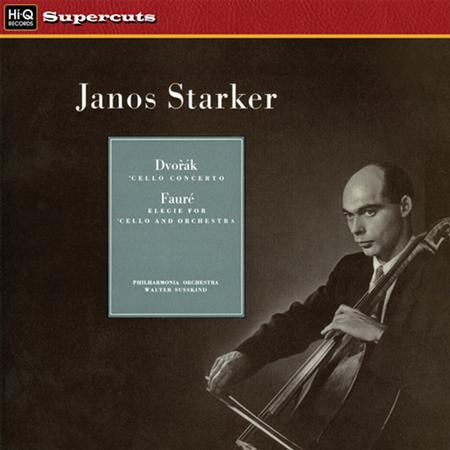Julot
New member
Parsifal has always been the most difficult of Wagner's music dramas for me (and I think for most). My starting point was the Knappertsbusch Bayreuth 1951 mono version on London/Decca which I have on the original vinyl. Do you know that one and how the Janowski compares?
I remember the Janowski Ring from the early days of digital - I think it was on something like 18 or 19 CD's on Eurodisc - I have the CD's somewhere. I thought was better than most critics - the wonderful Jeannine Altmeyer was the Brunnhilde IIRC.
Larry
Those are polar opposites. Knappertsbusch is the epitomy of the "mystic" approach to Parsifal, slow and solemn, and he does it very well. By contrast, Janowski's tempi are brisk, and there is no grandiloquence in his expression. While the Kna way is one of a long transe in which you may lose track of what's going on, Janowski feels like a lively reading of the score.Both because of the approach and the sound, Janowski lets you hear how rich and polyphonic the score is. It is actually the first Parsifal I find too short.
The sound on the 51 version is mediocre, but this Janowski may be one of the nicest recordings available. Both are live but Janowski is in concert, recorded at the Berlin Philharmonie. To fully enjoy Kna and the oversized voices of this time, I prefer the Philips "official" 1962 recording: great sound, awesome Hotter as Gurnemanz (who sings the longest), lovely Jess Thomas as Parsifal (but the 51 has the burning Mödl as Kundry), and the profound Kna inspiration.
For an even lighter and more dynamic approach (some would say a materialistic, atheistic one), Kegel is a great option. For luscious sound, and even slower approach than Kna (but more precise orchestral playing), I love Levine at the MET (or in Bayreuth).
The first Janowski ring is indeed full of lovely wonders such as Altmeyer and the Staatskapelle Dresden, but it fails to convince overall, ends up kinda boring. Your having left the CDs somewhere may be a case in point. Janowski matured a lot in those 30 years. I haven't heard his second Ring, but his new Tristan and Parsifal have become go-to versions for me.
Parsifal is indeed difficult. Even more than other Wagner operas, it is tough to appreciate it without some serious study of the libretto. The easiest way to do it, in my opinion, are DVDs (or Blurays): they let you read all the text and understand some of its connection to the music. Listening to the music without following the word can be boring. Reading the text without the music definitely is. The Wagner's magic really is in the way they go together. Different productions carry different ways to read the text. The Kupfer/Barenboim production was the first one where I started understanding Parsifal. I love Herheim but it is maybe not for an "initial" approach, and there's no quality recording available. The production conducted by Haitink in Zurich is quite good, especially in the first act. The recent Covent Garden production (cond. Pappano), or the even more recent Tcherniakov/Barenboim in Berlin are possibly good ways to learn Parsifal too.
One thing that may help find Parsifal less difficult is to understand that it is a lot about sex, and that the center of the piece is the "kiss" of Kundry and Parsifal, through which he understands Amfortas' suffering, i.e. desire.

:format(jpeg):mode_rgb():quality(96)/discogs-images/R-3998468-1351852456-5841.jpeg.jpg)
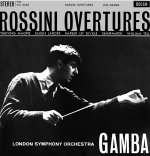
:format(jpeg):mode_rgb():quality(96)/discogs-images/R-2512100-1297993367.jpeg.jpg)
